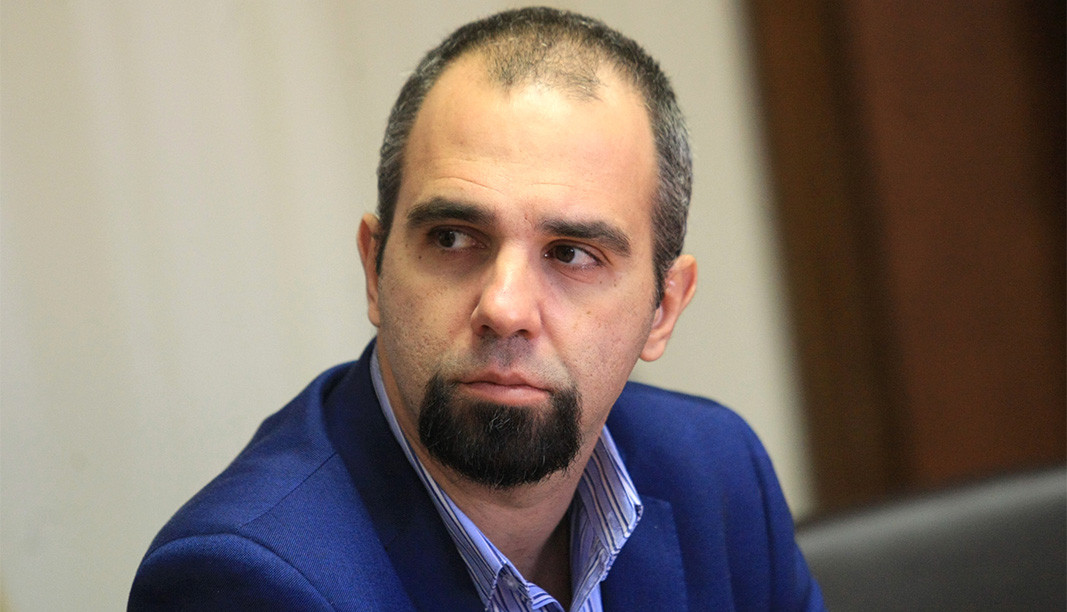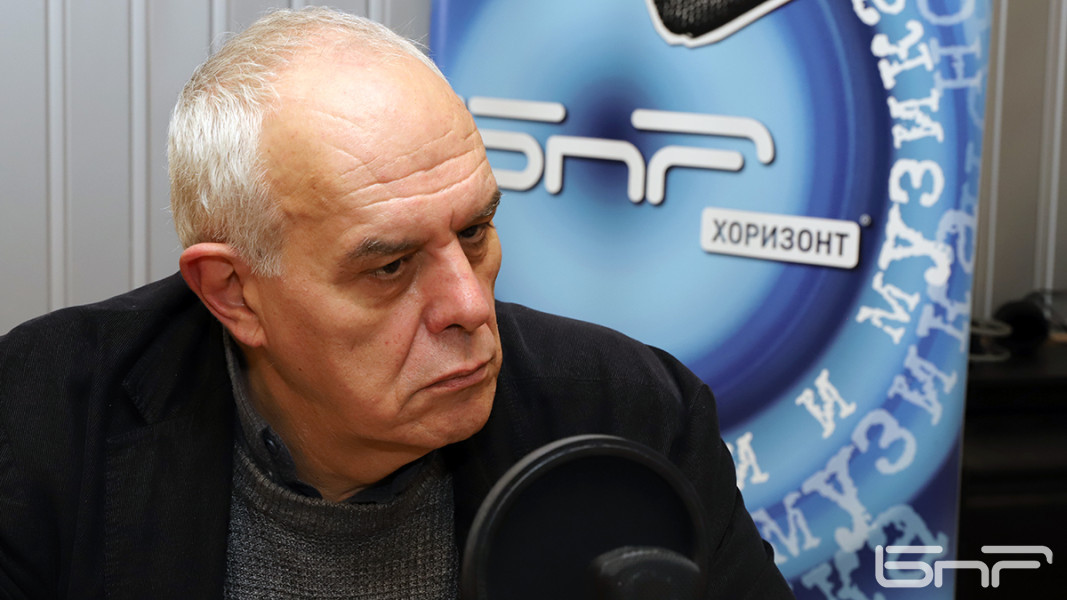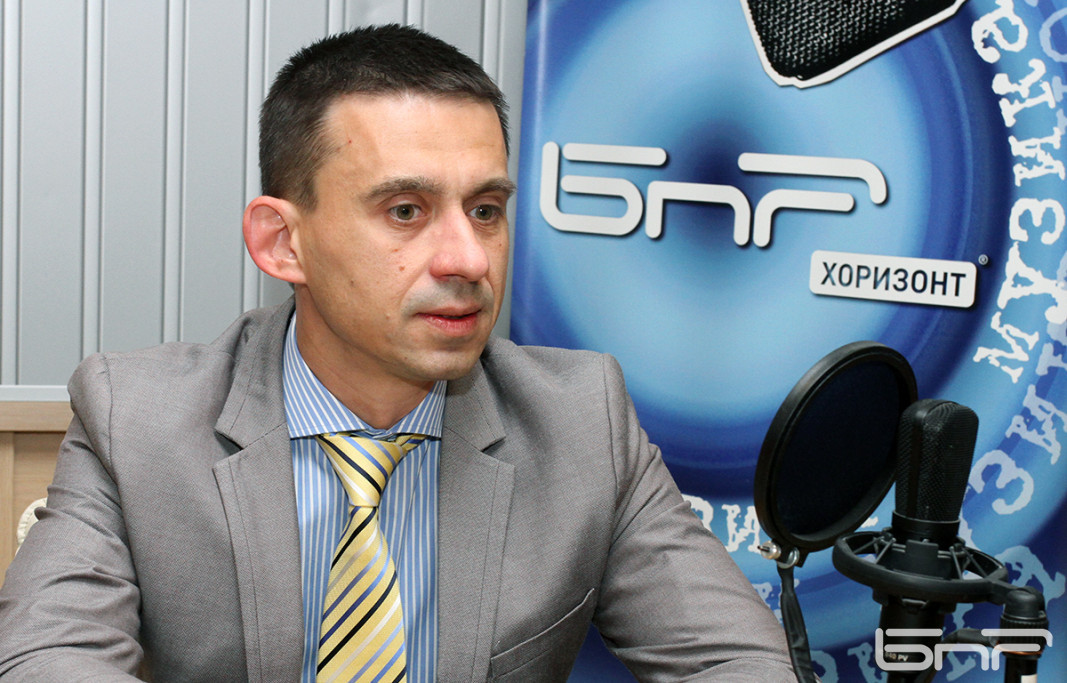The protests in the so-called “triangle of power” in Sofia and in many towns across the country demanding the resignation of the government and of Prosecutor General Ivan Geshev have been going on for over 100 days. They were recently joined by several groups of university students, as well as by foreign MEPs, but this, political analyst Parvan Simeonov contends, does not have the sufficient potential to reenergize them:
“For the time being the protests are following the pattern of the protests in 2013,” the analyst says. “If you remember in 2013 they too grew thinner, they too were supported by university students. Back then there was a permanent student occupation but it did not bring down the Plamen Oresharski cabinet.” Parvan Simeonov says that unless the government commits a serious mistake, it will most likely serve its full term of office.

After that, he says, GERB is hoping to win the elections, but to remain in opposition as they did in 2013. That is why they are now so eager to hand out money and agree to all demands for higher incomes.
But it is not only the protesters, a great deal of criticism of the government has been coming from the opposition in parliament as well. Since the start of the current term of office, the Bulgarian Socialist Party MPs have vehemently opposed practically all decisions the government has submitted to the National Assembly for approval. In some of its attacks it has received the support of the other opposition party in parliament – the Movement for Rights and Freedoms. In this sense the fact that both parties demanded the resignation of the President of the National Assembly Tsveta Karayancheva for “undermining the prestige” of the institution does not come as much of a surprise. She retorted swiftly that this was “a synchronized attack” which only makes the coalition between the Bulgarian Socialist Party and the Movement for Rights and Freedoms all the more visible.
According to sociologist Andrey Raychev the two opposition parties stand to gain from this undeclared coalition between them, as does the ruling party:

“They are demonstrating power, as they are together now. Secondly, it is important for the Movement for Rights and Freedoms to show it has no connection to GERB. For GERB too that is essential, which goes to show elections are coming.”
“It is no secret that the attack on Karayancheva aimed to cause a party collision without there being any specific reason for it, or any principled issue to be argued over,” political analyst Antony Galabov said for the BNR.

The ripe phrases used, and the level of the debate as a whole was something electioneering and political communication experts took note of. Assoc. Prof. Alexander Hristov says that some of the MPs are already on the campaign trail. But a political campaign needs argumentation, and argumentation is what is lacking:

“It would seem that in their future communication with the electorate, the ruling party will be relying on the old methods and messages connected with what has been built thus far,” Hristov says in an interview for BNR’s Horizont channel. “The trouble is that this is no longer enough. It is essential that they redefine their messages and find something new to say. It is important to remember that this campaign will be taking place as the number of people infected with the virus and unemployment rise, and this will breed tension in society, and that, as a rule, is targeted against the government.”
As to making any prediction as to what the composition of the next parliament will be, Assoc. Prof. Hristov says it will be motley but he is hoping the parties will not form unprincipled coalitions in a clutch for power.
Interviews by Horizont channel
Edited by Yoan Kolev
Photos: BGNES
''The talks with a parliamentary group which had stated categorically in advance that it would not participate in the process of forming a government and calls for immediate new elections are pointless'', President Rumen Radev said with regard to his..
President Rumen Radev's consultations with parliamentary groups continue. Today, he will meet representatives of the Alliance for Rights and Freedoms (led by Ahmed Dogan), There is Such a People (ITN) and MECH. Radev has already held talks with..
At today's consultations with President Rumen Radev on forming a government within the 51st National Assembly, the leader of the nationalist Vazrazhdane party, Kostadin Kostadinov, said that if Vazrazhdane was given a third mandate to form a government,..

+359 2 9336 661
